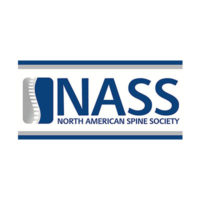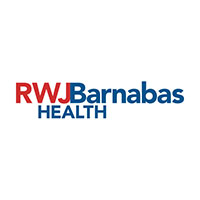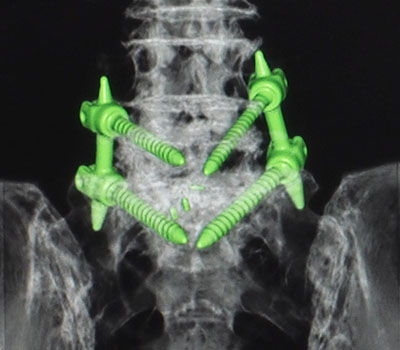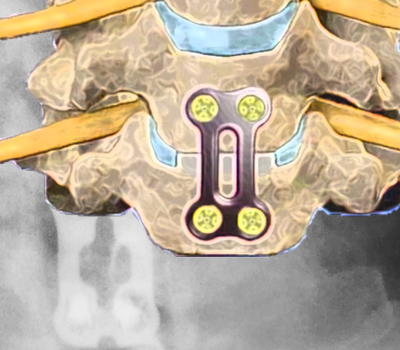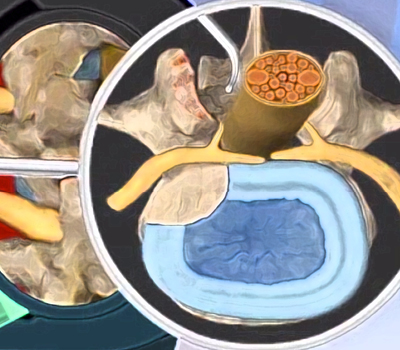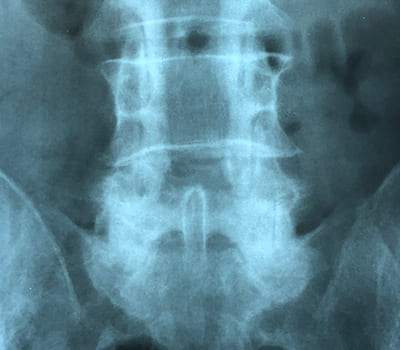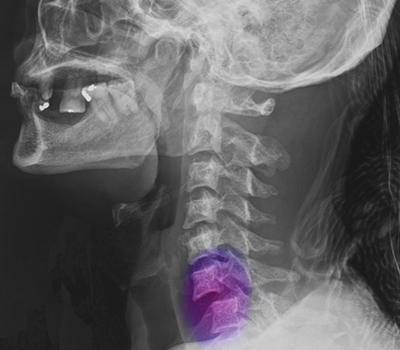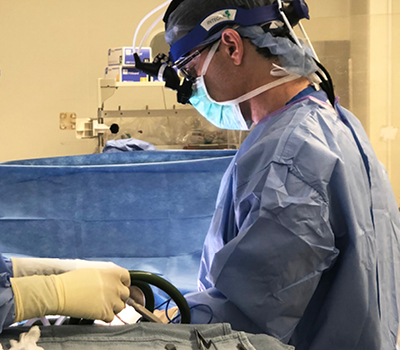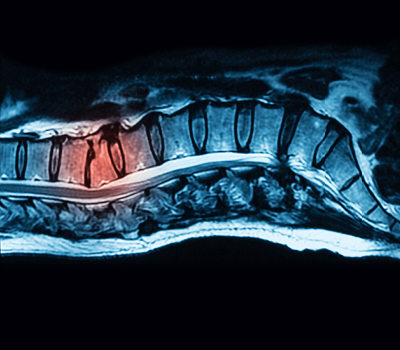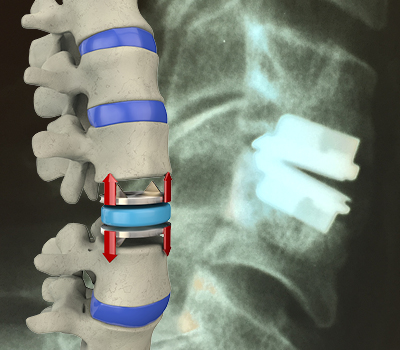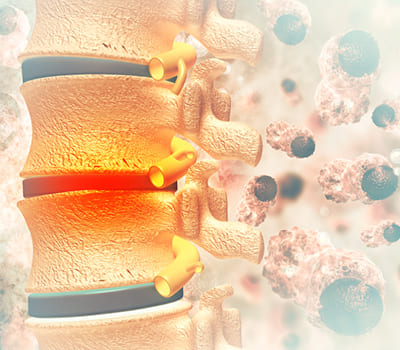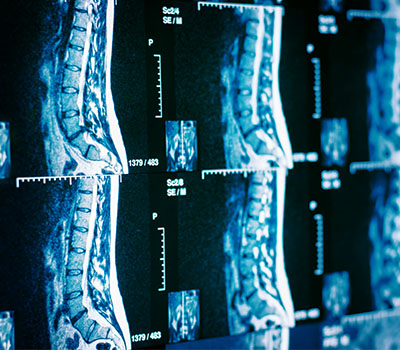GENERAL BACK PAIN
BACK PAIN
Back Pain
Q & A
When should I see a doctor for back pain?
While many people experience a sore or stiff back, there are certain symptoms that should be taken more seriously. It’s time to see a doctor if your back pain:
- Lasts longer than 3 months
- Begins to travel down one or both legs
- Is accompanied by weakness in one or both legs
- Difficulty controlling your bladder or bowels
- Increases when you lay down or at night
- Develops suddenly without a known cause
These are just a few of the most common signs of more serious spinal conditions. While it can be helpful for your doctor to hear about how your injury occurred, it is most valuable to thoroughly document your symptoms (such as the location of your pain, weakness, or numbness) and what limitations these symptoms place on your everyday activities. Please take the time to write down this information before your appointment.
How is back pain diagnosed?
Accurate diagnosis is the key to appropriate and effective treatment for your pain. Dr. Giordano and Dr. Nachwalter are highly experienced in determining the cause of back pain as well as providing both surgical and non-surgical care. During your consultation, your doctor will:
- Review your symptoms (such as where you have pain, weakness, and numbness) and what limitations these symptoms place on your everyday activities
- Perform a physical exam including an assessment of nerve function, muscle strength, response to sensory input (such as pressure and touch) and check reflexes
- Evaluate your medical history
- Order diagnostic tests such as x-rays, CT and MRI scans or review the results of scans you have already had
Your doctor will review treatment options once he has diagnosed your condition and determined the cause of your symptoms. He will review the risks and benefits of each option and assist you in deciding which one is best for you.
How is back pain treated?
Whenever possible, Dr. Giordano and Dr. Nachwalter recommend conservative, non-surgical treatment for back pain. After determining the cause of your pain, your doctor may recommend one or a combination of the following treatment options:
- Modified activity
- Medication
- Physical therapy
- Spinal surgery for a herniated lumbar disc, lumbar spinal stenosis, or other spinal condition
Testimonial
Atlantic Spine Specialists
SPECIALTIES & CONDITIONS
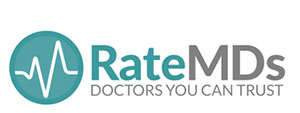 88 Reviews
88 Reviews
 120 Reviews
120 Reviews
 149 Reviews
149 Reviews
 4 Reviews
4 Reviews





